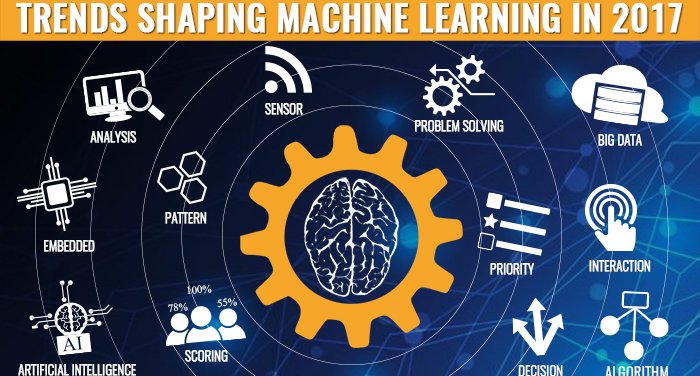CRM Trends to Watch: How Machine Learning and Big Data Are Shaping the Future – that’s the burning question on every forward-thinking business leader’s mind. Forget dusty spreadsheets and manual data entry; the future of customer relationship management is here, and it’s powered by AI and the sheer volume of data we’re generating daily. This isn’t just about automating tasks; it’s about understanding your customers on a deeper level, predicting their needs, and delivering personalized experiences that build loyalty and drive growth. Get ready to dive into the exciting world of smart CRM.
This deep dive explores the evolution of CRM, from its traditional roots to its current AI-powered iteration. We’ll unpack how machine learning is revolutionizing lead scoring, predictive analytics, and customer segmentation, showcasing real-world examples of how businesses are using these advancements to gain a competitive edge. We’ll also tackle the challenges, from data security to integration complexities, and paint a picture of what the future holds for CRM in an increasingly data-driven landscape.
The Evolving Role of CRM in a Data-Driven World
The world of Customer Relationship Management (CRM) is undergoing a dramatic transformation, shifting from a simple contact database to a sophisticated, AI-powered engine driving business growth. This evolution is fueled by the exponential growth of data and the increasing sophistication of machine learning algorithms, fundamentally altering how businesses understand and interact with their customers. We’re moving beyond basic contact management into a realm of predictive analytics and hyper-personalization, all powered by the insights gleaned from big data.
This shift from traditional CRM to AI-powered systems represents a quantum leap in capabilities. Traditional CRM systems, while useful for organizing customer information, largely relied on manual processes and lacked the predictive power to anticipate customer needs. AI-powered systems, however, leverage machine learning to analyze vast datasets, identifying patterns and trends that would be impossible for humans to discern. This allows for more proactive engagement, personalized experiences, and ultimately, improved customer satisfaction and loyalty.
Machine learning and big data are revolutionizing CRM, offering hyper-personalized experiences and predictive analytics. To truly leverage these advancements, businesses need to adopt smart strategies, and that’s where understanding best practices becomes crucial. Check out this insightful guide on 5 CRM Best Practices Every Business Should Adopt in 2025 to ensure you’re maximizing the potential of these emerging technologies.
Ultimately, integrating these best practices will unlock the full power of data-driven CRM in the future.
Big Data’s Impact on CRM Functionality and Customer Insights
Big data is the lifeblood of modern CRM. The sheer volume, variety, velocity, and veracity of data available today – from website interactions and social media activity to purchase history and customer service interactions – provides an unparalleled opportunity to understand customer behavior at a granular level. This data, when properly analyzed, reveals valuable insights into customer preferences, purchase patterns, and even potential churn risk. For example, analyzing social media sentiment can provide early warnings of potential customer dissatisfaction, allowing businesses to address issues proactively. Similarly, analyzing purchase history can reveal cross-selling and upselling opportunities, boosting revenue and customer lifetime value.
